

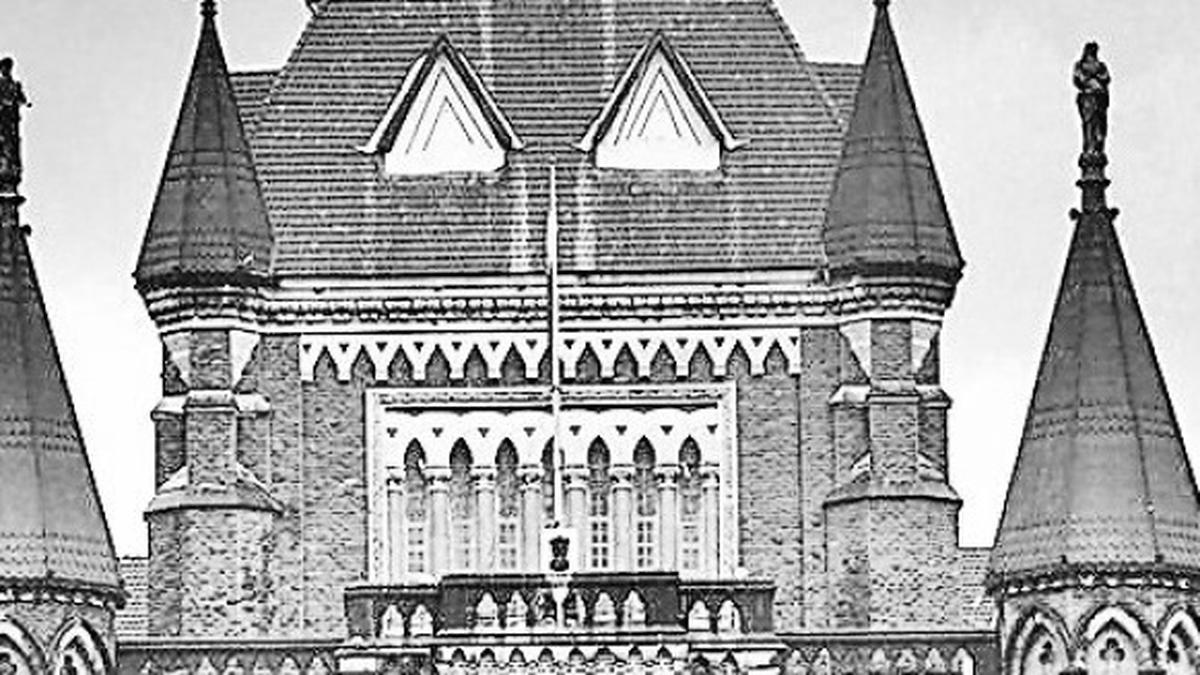
The Aurangabad bench of the Bombay High Court has acquitted a man, his mother, and his brother in a two-decade-old abetment to suicide case. The HC noted that every harassment does not amount to cruelty and that the term "cruelty" is relative, making it difficult to define. The court found no evidence of consistent or severe cruelty and stated that the essential ingredients for Section 306 were not met. This decision has raised questions about the definition of cruelty and its application in cases of abetment to suicide.
Abetment to Suicide: Bombay High Court Acquits Family Members in 20-Year-Old Case
Background
Abetment to suicide is a serious offense defined under Section 306 of the Indian Penal Code (IPC). It refers to any act or omission that intentionally aids, instigates, or counsels another person to commit suicide. The prosecution must prove that the accused person's actions directly or indirectly caused the victim's death.
Case Overview
In a recent judgment, the Aurangabad bench of the Bombay High Court acquitted a man, his mother, and his brother in a two-decade-old abetment to suicide case. The case involved the death of a woman by suicide in 2002. The prosecution alleged that the accused family members subjected the woman to mental and physical torture, driving her to take her own life.
Court's Reasoning
The High Court found that the prosecution failed to establish the essential ingredients of Section 306. The court noted that not every act of harassment or ill-treatment amounts to cruelty. It also emphasized that the term "cruelty" is relative, making it difficult to define universally.
After examining the evidence on record, the court found no evidence of consistent or severe cruelty that could have driven the woman to suicide. The court also pointed out that the marriage between the woman and the accused man was not void and that the accused had not refused or neglected to provide for his wife.
Implications
The High Court's decision has raised questions about the definition of cruelty and its application in cases of abetment to suicide. Legal experts have expressed concern that the ruling may set a precedent for a narrow interpretation of cruelty, making it more difficult to hold individuals accountable for their role in suicides.
Top 5 FAQs
1. What is the definition of cruelty in relation to abetment to suicide?
The definition of cruelty is subjective and varies from case to case. However, it generally refers to acts or omissions that cause physical, emotional, or mental suffering of such a severe nature that it drives a person to suicide.
2. What are the essential ingredients for a successful prosecution of abetment to suicide?
The prosecution must prove:
3. How does the court determine whether harassment amounts to cruelty?
The court considers the nature, frequency, and severity of the harassment. It also evaluates the victim's subjective perception of the harassment and its impact on their mental state.
4. What are some examples of acts or omissions that may constitute cruelty?
Acts of violence, verbal abuse, threats, isolation, denial of basic necessities, and financial exploitation can all be considered forms of cruelty.
5. What are the consequences of abetment to suicide?
Abetment to suicide is a serious offense punishable by imprisonment for life or up to 10 years, depending on the circumstances.
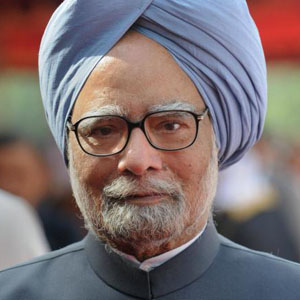
Former Prime Minister Manmohan Singh passed away at the age of 92 on Thursday at AIIMS Delhi. His death was confirmed by AIIMS in their bulletin, which led to an outpouring of condolences from leaders across the political spectrum. Singh, known for his role in shaping modern India with economic reforms, retired to his iconic bungalow in Lutyens' Delhi after stepping down from office in 2014.
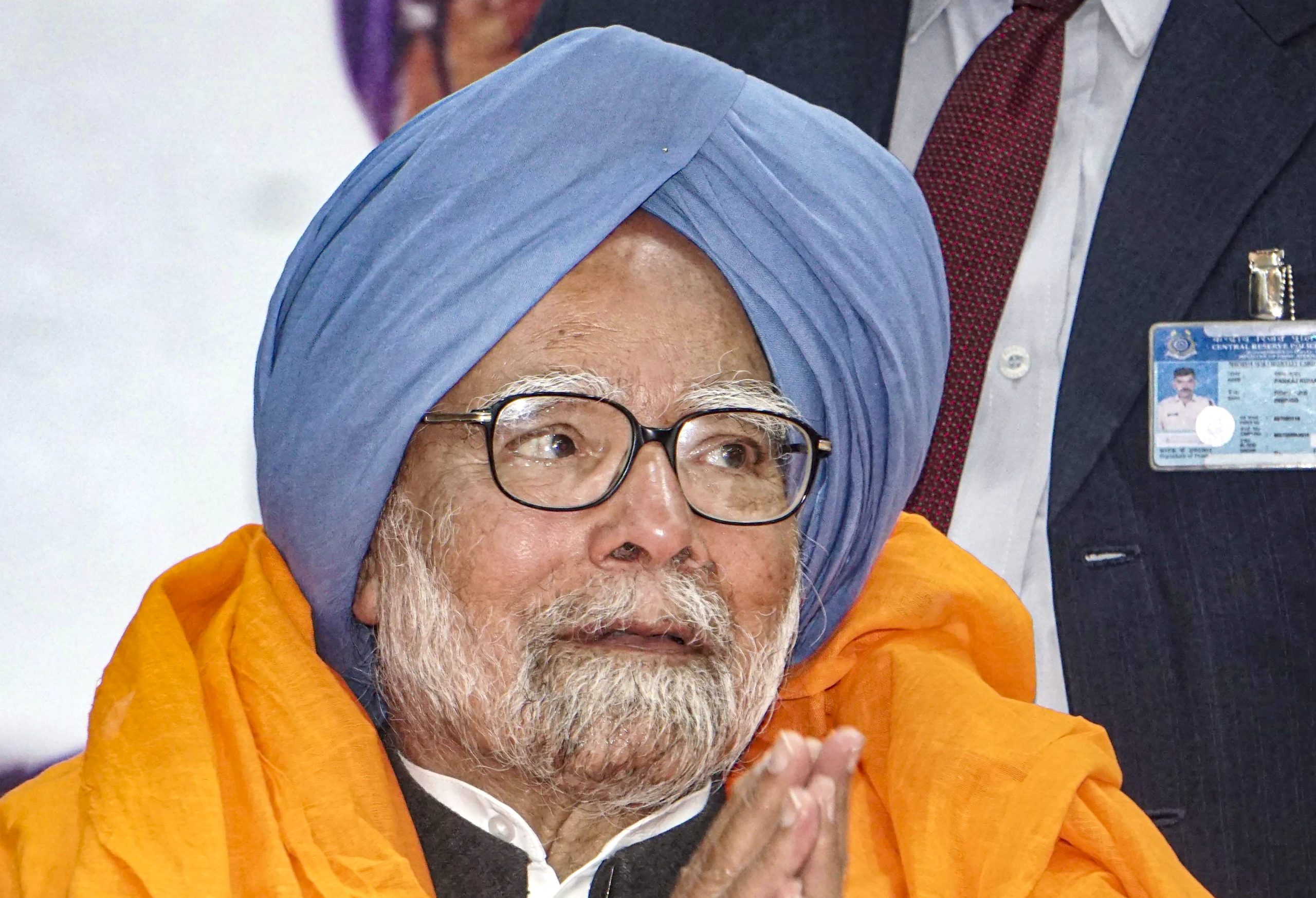
The passing of former Prime Minister Manmohan Singh at the age of 92 due to age-related health issues has left the nation in mourning. Singh, who was admitted to AIIMS Delhi on Thursday evening, is being remembered for his economic revolution and progressive changes during his tenure. Political figures, including Priyanka Gandhi's husband Robert Vadra, have expressed their condolences for Singh's family and praised his service to the country. This is a developing story, stay tuned for updates.
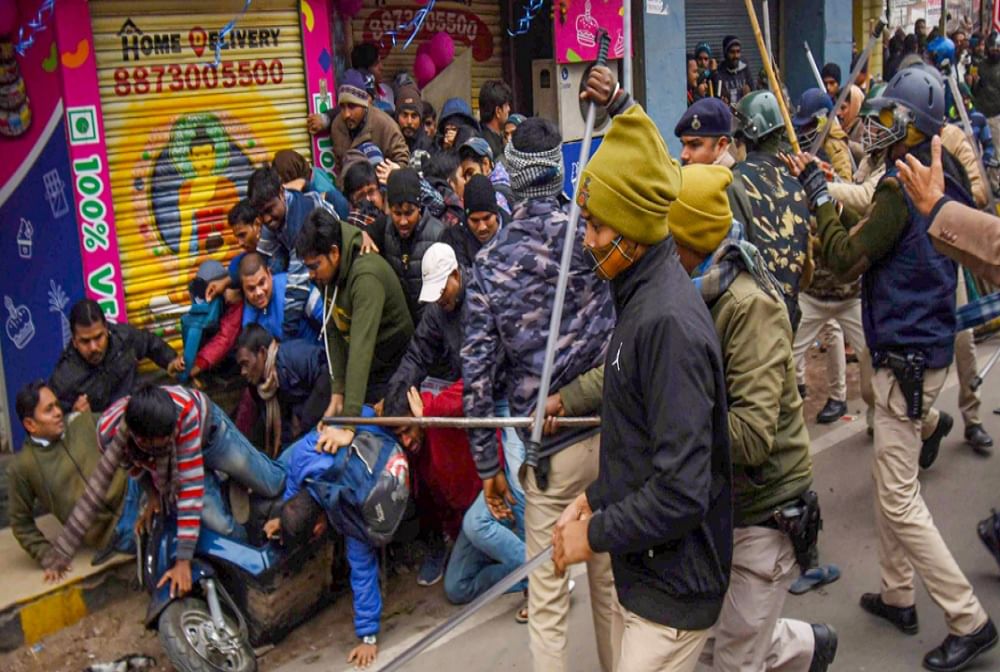
The streets of Patna, Bihar have been filled with chaos and tension as aspiring candidates for the Bihar Public Service Commission (BPSC) staged protests and attempted to gherao the BPSC office. With allegations of irregularities in the BPSC exams, the aspirants are demanding the cancellation and re-examination of the exam. The situation escalated when the protesting students were met with force by the police, leading to a standoff between the two groups.
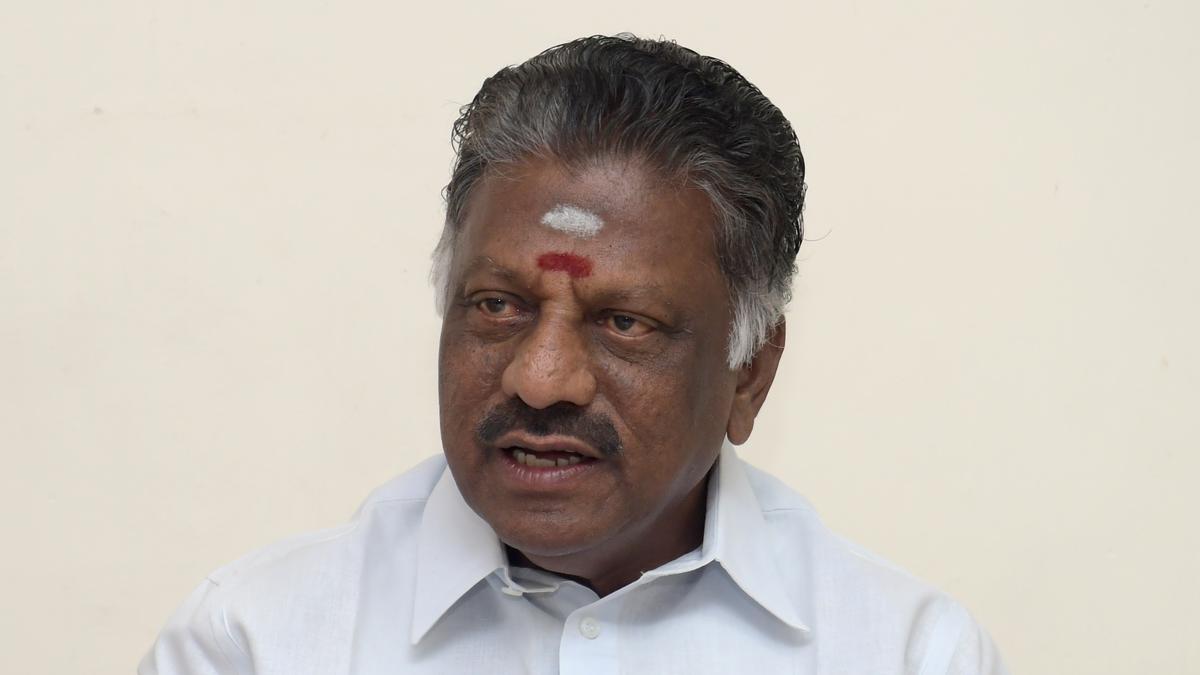
A viral post claims that Udhayanidhi Stalin mocked Hinduism and proclaimed himself as a proud Christian. However, our investigation revealed that the video was edited to misrepresent Stalin's remarks. In his full speech, Stalin also identified as a Muslim and a Hindu, promoting religious equality and unity. Reports and the original footage of the speech further prove that the viral video was misleading.
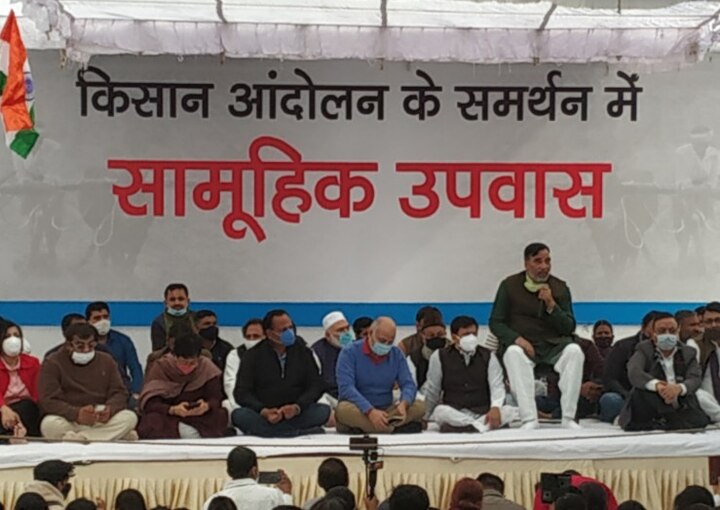
A delegation of Aam Aadmi Party (AAP) leaders, including prominent Ministers and MLAs, visited the Khanauri border to meet Jagjit Singh Dallewal, who is on a hunger strike for farmers' rights. Concerned about his deteriorating health, they urged him to seek medical treatment. The party also criticized the Central government for failing to fulfill its promises to the farmers and offered their support in the ongoing struggle.
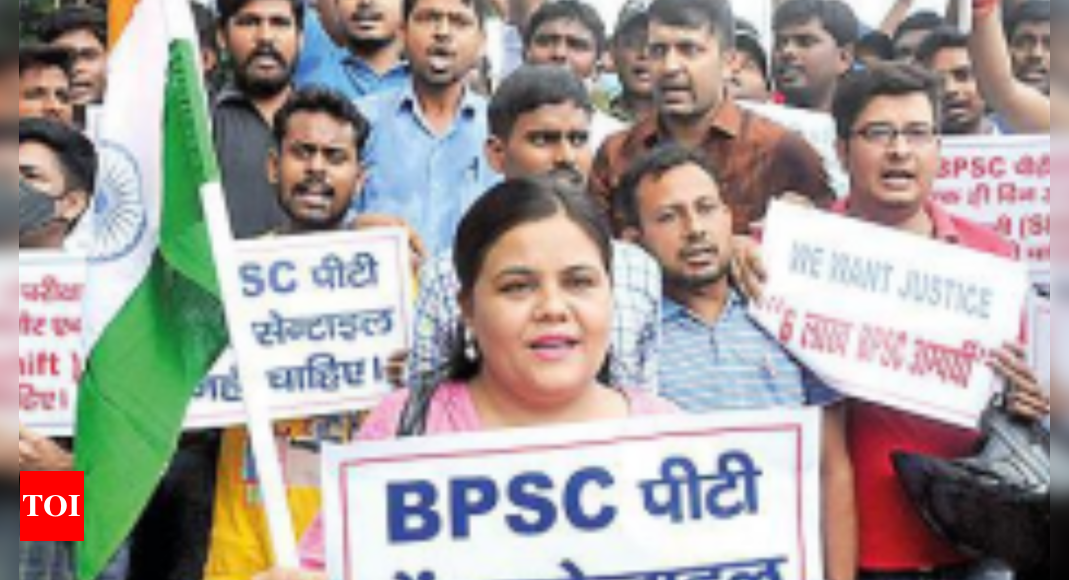
Aspirants of the Bihar Public Service Commission (BPSC) have been protesting for eight days now, demanding a re-examination of the 70th BPSC exam. Independent MP Pappu Yadav has joined the protest and appealed to opposition MPs and MLAs to show their support. YouTuber and educator Faisal Khan, known as Khan Sir, has also joined the protest and urged the BPSC to consider the plight of the students. The BPSC aspirants have previously met Bihar BJP President Dilip Jaiswal and have also protested against changes in the exam pattern and the normalisation process.
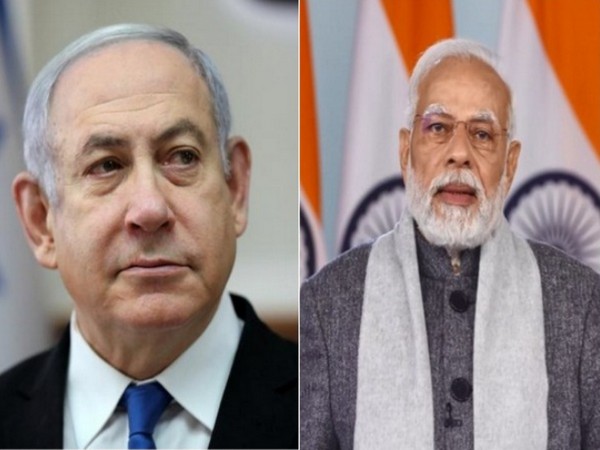
Indian Prime Minister Narendra Modi and President Droupadi Murmu wished Israeli Prime Minister Benjamin Netanyahu and the global Jewish community a happy Hanukkah, a festival that celebrates hope and freedom. In his message posted on X in English and Hebrew, PM Modi expressed his hope that the radiance of Hanukkah would bring peace, strength, and hope to everyone's lives. President Murmu also extended her warmest greetings to Israel President Isaac Herzog on this auspicious occasion.
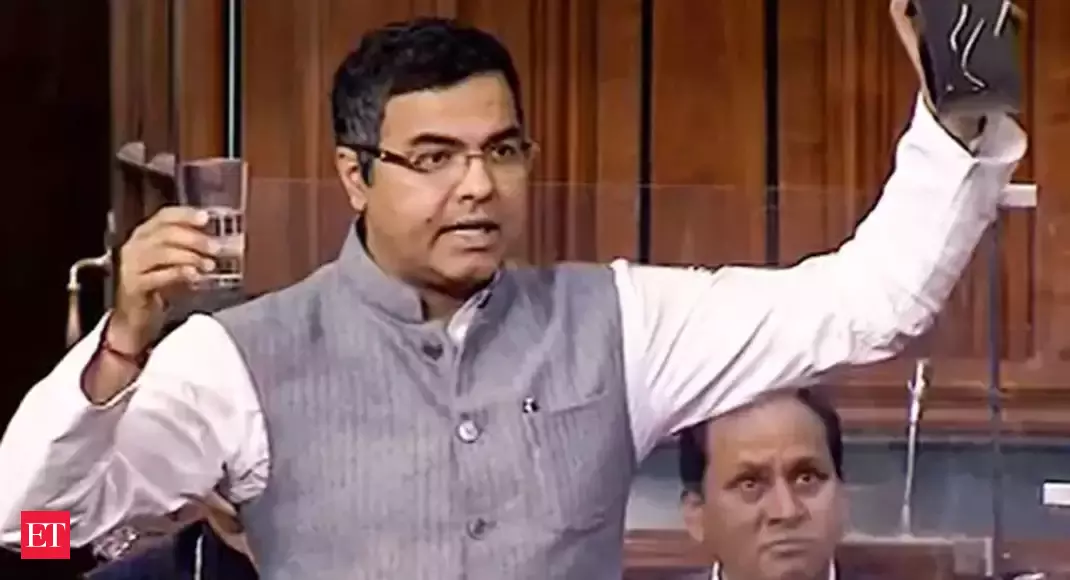
Delhi CM Arvind Kejriwal has accused the BJP of planning to declare Parvesh Verma as its chief ministerial face for the upcoming Delhi Assembly Elections. This comes amid a heated political battle between AAP and BJP, with Kejriwal claiming that the BJP is upset with the successful schemes launched by his party and is resorting to distributing money to sway voters. The authenticity of these claims has been debated, with Kejriwal challenging Delhi MP Bansuri Swaraj to resign if these accusations are found to be false.

Uttarakhand Chief Minister Pushkar Singh Dhami visited Madhya Pradesh to extend his greetings to CM Mohan Yadav on the completion of one year in office. Dhami, along with Yadav, inaugurated the renovated Lakha Banjara Lake and laid the foundation stone for various public welfare projects in the Bundelkhand region. Dhami praised the progress of the region under Yadav's leadership and also mentioned the upcoming visit of PM Narendra Modi to lay the foundation of the Ken-Betwa river interlinking project.

Government leaders from across the country came together in Delhi at a special ceremony to pay their respects to former Prime Minister Atal Bihari Vajpayee on his 100th birth anniversary. CM Chandrababu Naidu praised Vajpayee's leadership and his significant contributions to India's development, stating that his vision and ideas will always be remembered. Vajpayee, who passed away in 2018, was known for his leadership and important role in shaping India's future.